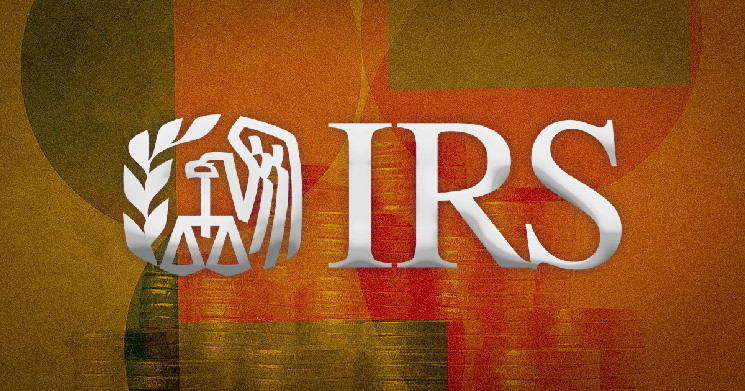IRS criminal investigation chief Guy Ficco told CNBC on April 12 that taxpayers are increasingly committing tax crimes involving crypto.
Ficco said the IRS has seen an increase in “pure crypto tax crimes” that fall under Title 26 of the US Code, which includes federal income tax violations.
Crimes considered pure tax crimes involve failing to report income from crypto sales and hiding or shielding one’s actual basis in crypto.
The issue will likely persist. Ficco observed an “uptick” in tax-reporting crimes and expects the IRS to bring forward more charges this year and in the future.
Until recently, IRS investigations have primarily been a part of broader investigations into crypto crimes such as scams and embezzlement.
Ficco acknowledged that crypto is “becoming more pervasive” and will “maintain or probably have a larger part” in broader crimes such as phone scams, romance scams, and pig butchering. Crypto scams are distinct from tax-reporting crimes.
Reporting failures widespread
Ficco’s comments come after the IRS published a reminder that individuals must report taxes if they sold crypto, received crypto as payment, or engaged in other crypto transactions.
The IRS has included some form of tax reporting rules for crypto investors since at least 2014, but past reports suggest that reporting failures remain high.
A 2023 report from Divly found that in the US, just 1.62% of investors paid taxes on crypto as required. The US rate is only slightly above the global average of 0.53%.
IRS enforcement efforts around crypto could become especially strong starting this year. In February, the agency hired two experts to focus on crypto, and past reports from CNBC suggest that tax professionals are preparing for a “tidal wave” of scrutiny.
Ficco’s predecessor, Jim Lee, also suggested an increased focus on tax issues in December 2023. Lee said half of 2023’s then-active crypto investigations involved tax issues.
Read the full article here

